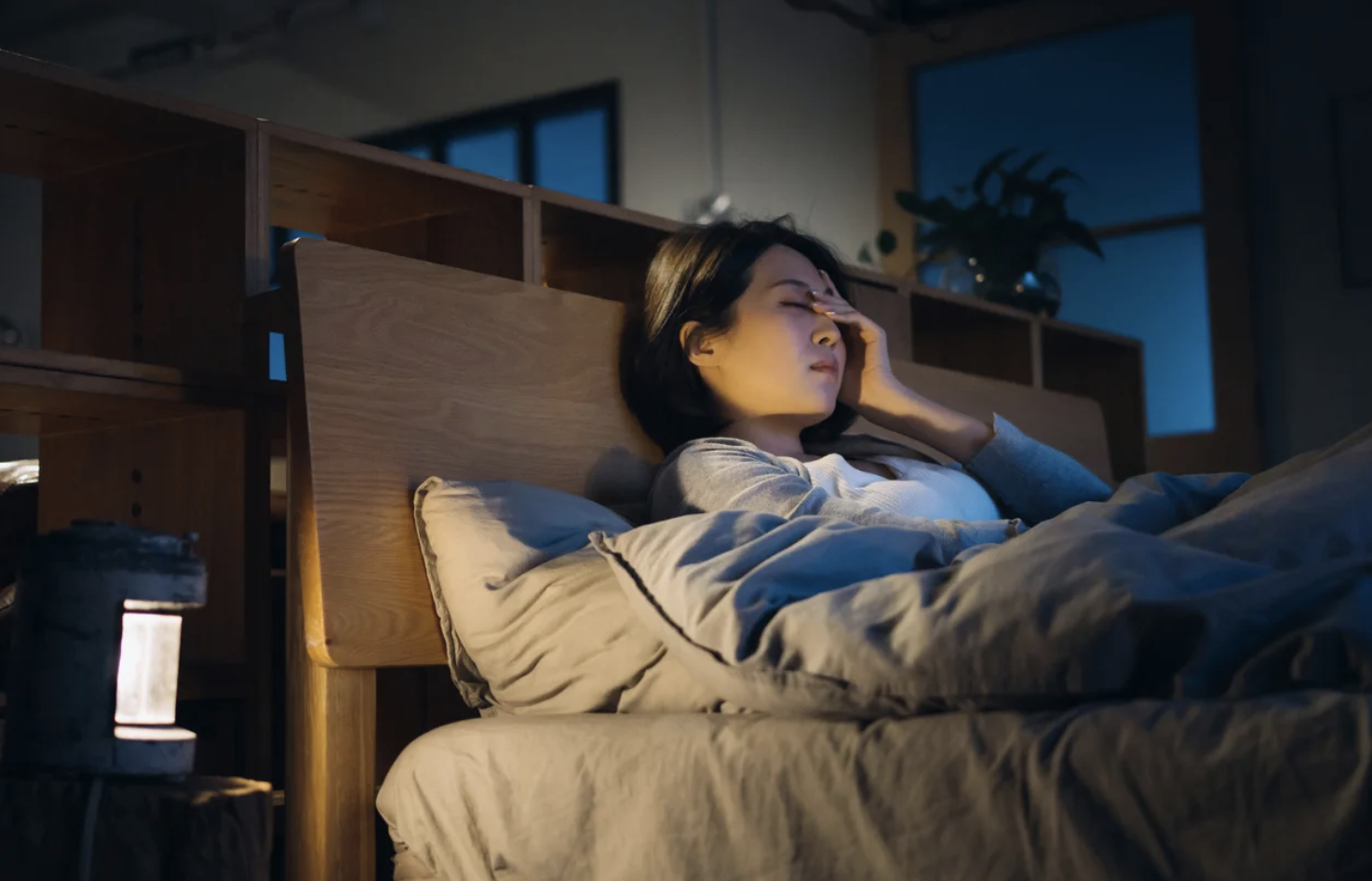Many women experience poor sleep as they age, and insomnia is one of the most commonly reported sleep issues. More than one in four women in the United States has some insomnia symptoms, whereas less than one in five men experience them. Insomnia is such a prevalent problem among women that Jennifer Aniston recently came forward to speak about her experience with the condition.
In this blog, we will be unpacking what insomnia is and why it affects women more than men.
What Is Insomnia?
Insomnia is a sleep disorder that causes difficulty falling or staying asleep. It is defined as experiencing insomnia symptoms, whether that be feeling unrested after sleep, the inability to go to sleep, or waking up too early, for at least three nights per week over the course of three months.
Since sleep is a restorative process that is essential for human well-being, there are a number of health issues that are associated with insomnia, including an increased risk of high blood pressure, heart disease, and diabetes.
What Are the Different Types of Insomnia?
There are two main types of insomnia – primary insomnia and secondary insomnia.
- Primary insomnia: Primary insomnia is a disorder in and of itself. It is not associated with any other health condition or problem.
- Secondary insomnia: Secondary insomnia happens as a direct result or symptom of a health condition or medication. It can be acute (short-term, lasting a few days or weeks) or chronic (long-term, lasting three months or more).
The most common form of insomnia is secondary insomnia.
What Causes Insomnia In Women?
Women are more likely to be affected by insomnia than men due to hormonal changes and health conditions that can trigger insomnia symptoms. The insomnia-inducing hormonal changes that women experience tend to happen during:
- Your menstrual cycle: It is common to experience sleep issues in the days leading up to your period. This is due to decreased progesterone levels and the onset of premenstrual syndrome (PMS) symptoms.
- Pregnancy: Many women have difficulty sleeping during the third trimester of pregnancy, as estrogen and progesterone levels peak and physical discomfort increases.
- Menopause: During perimenopause and menopause, there are major changes to estrogen and progesterone levels. These hormone changes can cause a range of symptoms, including hot flashes and night sweats, that may make it difficult to sleep at night.
Health conditions that are more likely to occur in women than in men and can cause secondary insomnia include:
- Depression and anxiety: Women are nearly twice as likely as men to experience symptoms of depression. One of those symptoms is having trouble falling or staying asleep. If you have insomnia, you are 10 times more likely to also have depression and 17 times more likely to have anxiety.
- Fibromyalgia: This chronic condition causes pain all over the body, making it difficult to sleep.
- Urinary incontinence: Urinary incontinence, or the loss of bladder control, is much more common in women than in men due to the changes that happen to the reproductive system during pregnancy, childbirth, menstruation, and menopause. The urge to use the bathroom can disrupt sleep.
Chronic insomnia and disrupted sleep have also been linked to an increased risk of developing Alzheimer’s disease.
How Is Insomnia Treated?
There are many different ways to address sleep issues like insomnia. Lifestyle changes you can make include not drinking caffeine in the latter half of the day, not consuming alcohol in the evening, reducing your blue light exposure in the evening, having a bedtime routine, and improving your sleep environment. Other natural sleep remedies include taking supplements, such as magnesium, l-theanine, melatonin, and vitamin-D and/or drinking teas that contain valerian root, chamomile, or passionflower. If these lifestyle changes do not work, your healthcare provider may recommend cognitive behavioural therapy and/or medication.
Cognitive behavioural therapy for insomnia (CBT-I) is a program that helps you identify and replace thoughts that keep you awake at night. It is considered effective for treating insomnia, and its effects may be more impactful than medications. As such, CBT-I is generally recommended as the first line of treatment for insomnia.
Certain prescription medications may also help you fall and stay asleep at night, though doctors usually do not recommend relying on sleeping pills for a prolonged period of time.
The fact that women experience so many health issues, including insomnia, at higher rates than men is all the more reason for them to prioritize their health. At Revivele, our mission has always been to empower women to do just that! If you would like to see more women’s health and wellness content, follow us on Instagram, Facebook, and/or LinkedIn.

